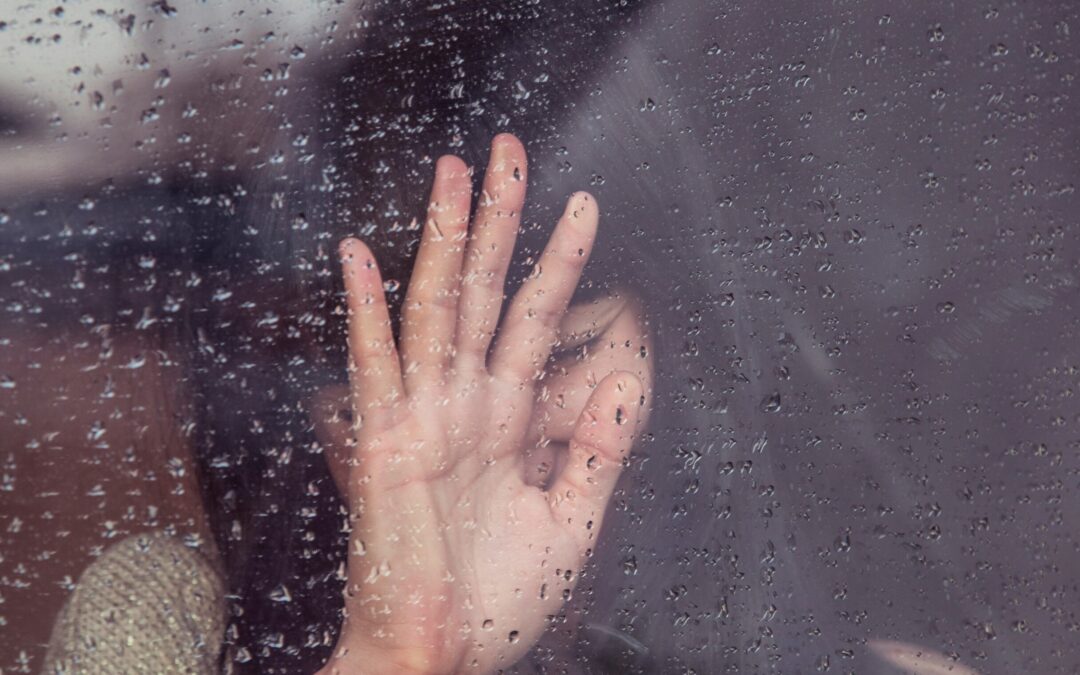We aren’t shown how to be grieving citizens. As in how to stay in life as we weep, rage and feel the holes in the heart. Our youthful culture, made of an amalgam of mostly immigrants who abandoned their own traditions, does not know how to hold grief as a part of life- as an extension of how deeply we’ve loved. Without rites and rituals, we are often left to either suppress our sadness or check out entirely in an abyss of despair. The fact is that grief changes us- it’s supposed to. We are shifted as a result of no longer having that cherished person or creature to relate with. As a result, every day without them creates new neuro-pathways without this being’s physical presence and it’s seriously unsettling. From compromised executive functioning (aka tracking capacity in the toilet), to not wanting to be seen (aka strange social anxiety) to feeling as though one’s taproot has been yanked from the soil (aka lost in space), it’s all possible (as is everything in between).
I’ve learned that everything is admissible in the court of grief and no one does it the same. No linear stages, no “normal” amount of time (the Diagnostic and Statistical Manual of Mental Disorders on Bereavement can kiss my ass). We pathologize responses that collide with our post-industrial, hyper-productive, over-caffeinated standards of getting “back” to life. I’ve found that any attempts to go back are futile- I’m changed forever and there’s only moving forward into an uncertain future where I’m finding my footing everyday.
The pressure to regain my center is real, this state is crazy disruptive. Yet when I permit myself (note: no one is doing this for me) to dilate this moment, not to rush to pick up old ways out of obligation and habit, it can offer the kind of tectonic shift that truly honors their lives. I am coming to see now that this grief business can be a portal of massive transformation if I slow down enough to move it.
All. The. Way. Through.
Agonizing? Yes. Worth it? Hell yes.
But we aren’t meant to grieve alone. We need to be held and witnessed in moving through the sludge as we metamorphosize into this next phase of humaning. And though vulnerable, we need to be observed in this process to make meaning and beauty.
And though at times I want to tap out, I remember that it’s not all about me. I want my daughter to behold the full spectrum of this human experience and that death gives us life.
I feel so strongly about this that along with my husband, we have made our non-profit endeavor in service to honoring the interconnectedness of all beings and to take responsibility for our choices in life and in death to leave the world worthy of our children’s inheritance.
Learn more at sanctum.academy and join our community of practice.
Photo credit: Milada Vigerova

